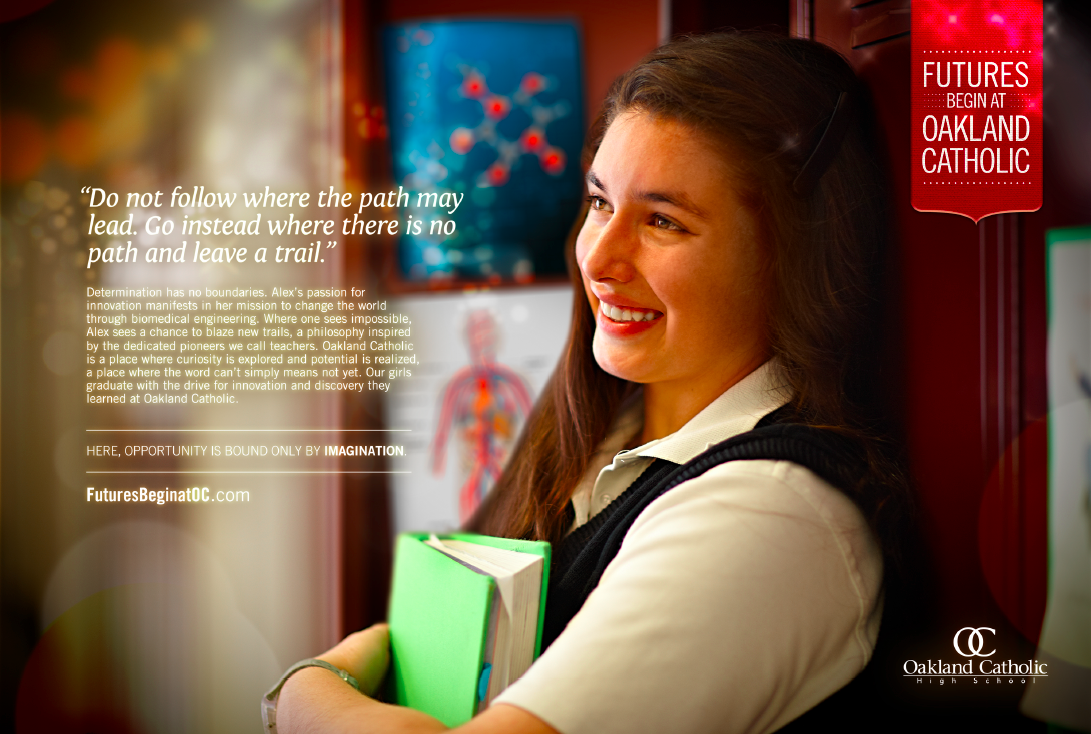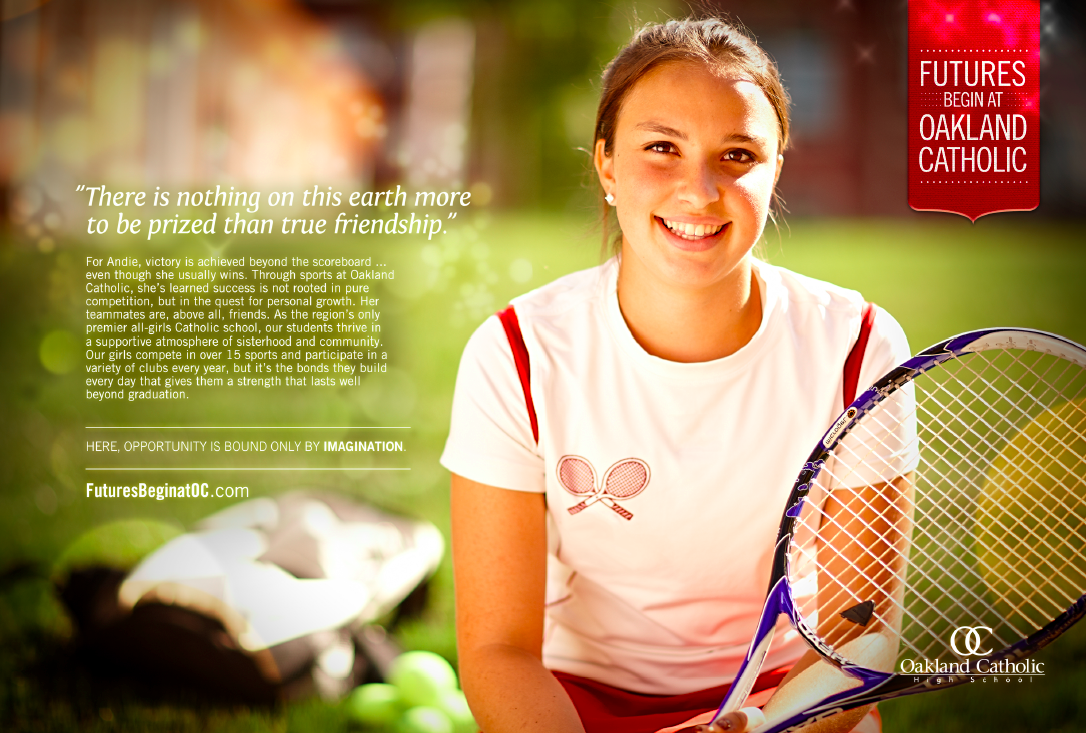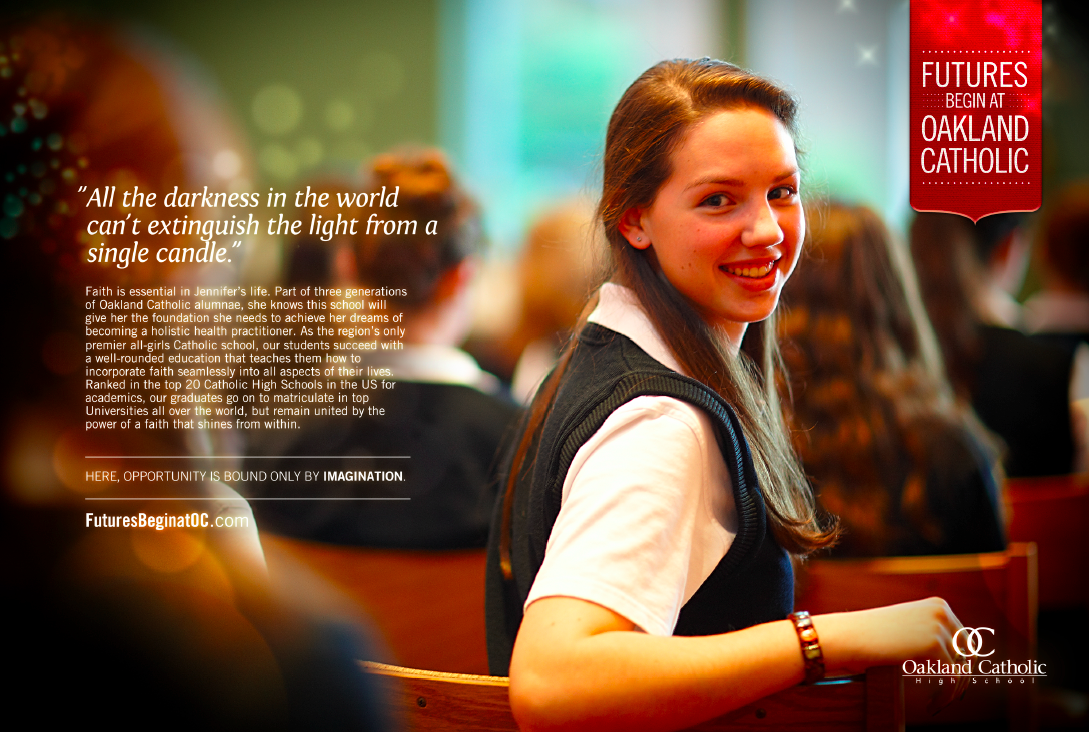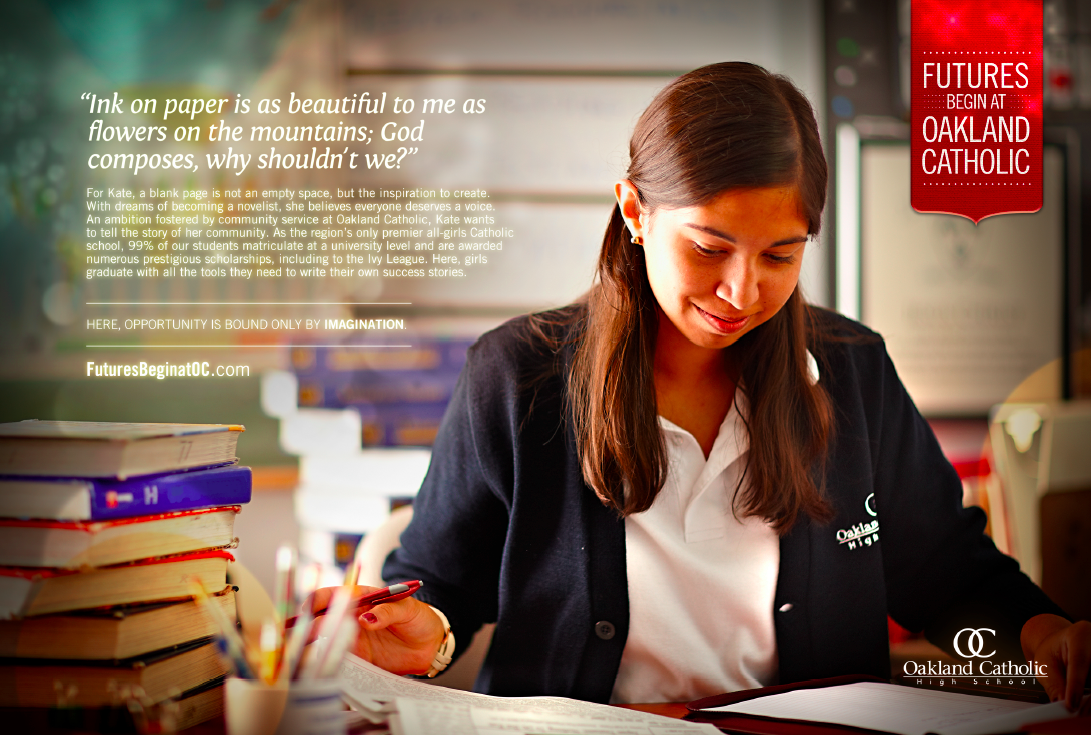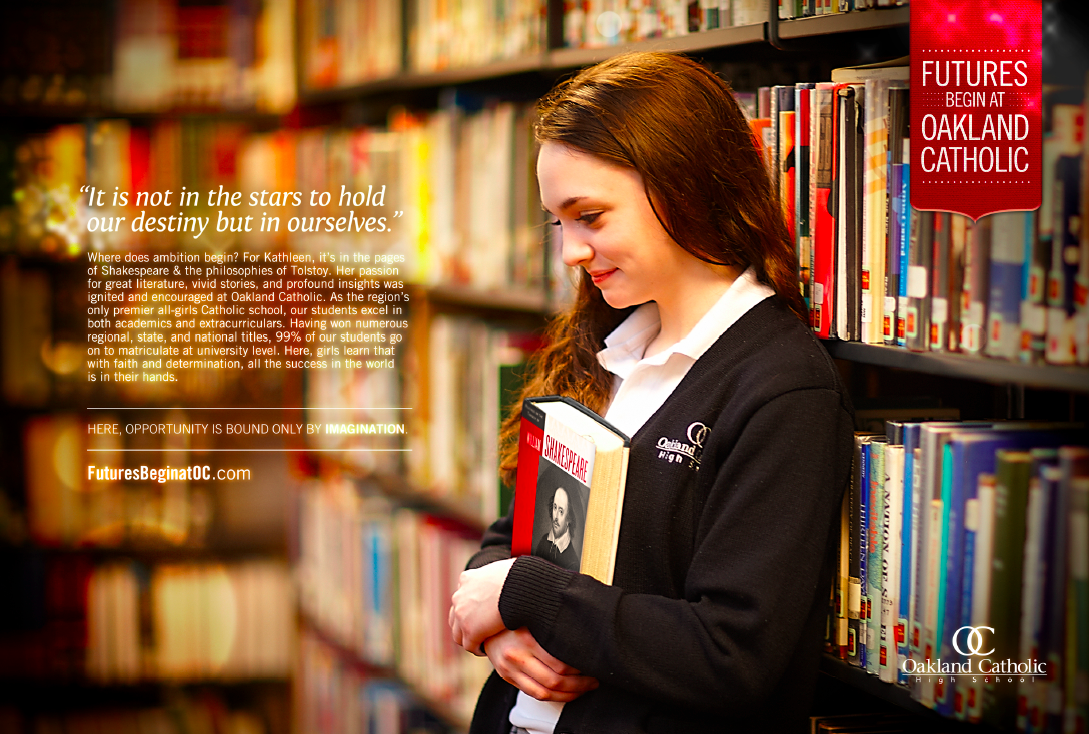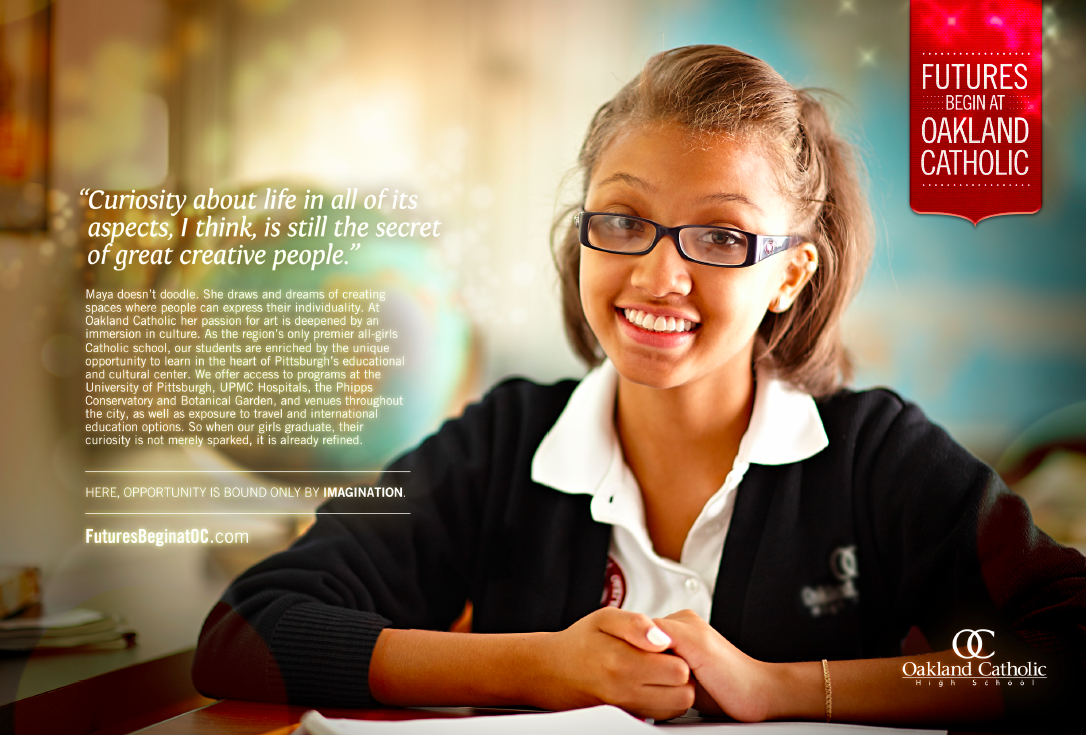Name: Dan Jolley
Age: 44
College & Majors/Minors:b University of Georgia, BA in English
Current Location: Ringgold, Georgia
Current Form of Employment: Self-Employed Freelance Writer
Where do you work and what is your current position?
I work from home—I'm self-employed—and my current position alternates between "on the treadmill" and "on the couch." I write in both locations, though; I have a walking desk set up, where I plod along at 2 miles per hour and type, and on a good day I do about 5000 words and about 15000 steps. That works best for prose, though. If I'm doing non-prose, such as a comic book script or a screenplay or dialogue for a video game, more often than not I wind up on the couch. Usually with one or more cats on me.
Tell us about how you found your first job, and how you found your current job (if different).
I got my first professional writing contract at age 19, after I met a girl in a video arcade and asked her out. On our first date I told her I wanted to be a writer, and that I'd written a number of short stories, and she asked if I'd ever considered writing comic books. I hadn't, but I'd grown up reading them, and I told her as much. She said, "Well, I know a couple of comic book artists. Want me to introduce you?" I told her yes, yes I would like that very much, and she introduced me to Tony Harris and Craig Hamilton. I ended up working with Tony for about the next ten years on various comics projects, one of which got nominated for an Eisner Award, the comics industry's equivalent of an Oscar.
From there I branched out into licensed-property novels, movie novelizations, original young adult novels, some manga-format novel tie-in comics, some children's books, and video games.
I've been writing more games than anything else for the last several years, but that's about to change, because on May 13 of this year, my first original novel for adults is coming out from Seventh Star Press. It's called Gray Widow's Walk, the first book in the Gray Widow Trilogy. It's the story of Janey Sinclair, a teleporting vigilante in contemporary Atlanta, Georgia, who must face a grotesque, vicious, possibly extraterrestrial enemy.
Then, on October 18, the first book in my new Middle Grade novel series, Five Elements, debuts from HarperCollins. Set in modern-day San Francisco, it's the story of four twelve-year-old best friends who become bound to the magical elements of Fire, Earth, Air, and Water, and have to try to stop a century-old, hideously evil magic user from dominating the world.
So I guess I'm a little more novelist than game writer now. Well, this year, anyway.
What was another writing-related job that was important in your career?
In 2014 I was fortunate enough to land a job coming up with dialogue, scenarios, and characters for the first-person parkour-vs-zombies video game, Dying Light.
While working on the game, I got to live in Wrocław, Poland for three months, since that's where the developer, Techland, is located. It was a fantastic experience. I got lots of exposure to a culture I might never have otherwise known, made some fantastic friends, and ate way more pierogies than I probably should have. Dying Light went on to sell a bit north of five million copies, so now I can realistically say that my words have reached people all over the world.
What did you do in college to prepare for your post-grad life?
College is about a lot more than taking classes. It's a chance to test the adulthood waters without committing a hundred percent, and at least in my view, is an excellent time to make mistakes. (One of the best bits of wisdom I ever heard was, "The older you get, the higher the stakes are when you screw up.") I made a lot of mistakes in college, from partying too much, to making terrible relationship decisions, to endangering a few true, solid friendships. The key there is to learn from those mistakes, because living life and gaining experience will help your writing every bit as much as mastering your command of language. Not much good comes of being a brilliant writer if you've got nothing to write about. (It helps, I've found, to have friends with terribly sordid pasts.)
What is your advice for students and graduates with an English degree?
Well, this advice is for those who want to be writers, because I got my start as a writer before I left college and haven't ever truly tried to do anything else. But here it goes: absorb as much knowledge as you can, both in class and out. Make as many friends as you can. Listen to as many stories as you can, from many different types of people. Take as many creative writing classes as possible, to be sure, and learn as much as possible from your professors. But be aware, keenly aware, often painfully aware of the world around you, because that's where your stories will come from. Sometimes you'll witness whole sequences of events that you faithfully transcribe; sometimes you'll hear other people's accounts, with which you can then take artistic license; sometimes you'll catch just a scrap of conversation or an image glimpsed from the corner of your eye that will spark an original idea. As Stephen King puts it, when you're a writer, "Everything is grist for the mill."
““Also—and saying this got me in hot water when I spoke to some creative writing students at NC State a few years ago, but it’s one hundred percent true—do not, under any circumstances, expect your degree to get you work by itself.””
Also—and saying this got me in hot water when I spoke to some creative writing students at NC State a few years ago, but it's one hundred percent true—do not, under any circumstances, expect your degree to get you work by itself. Use the knowledge you gain as you earn the degree, certainly, but the degree itself is... I wouldn't say worthless, because you learn so many invaluable things while you're getting it. It's just that the credential itself is inconsequential. I've been a professional writer for twenty-five years now, and no editor or publisher or producer has ever, not once, asked me about my education. They don't care. It doesn't come up. The all-important question is, "Can you write, or can you not write?" That's the only thing that matters.










